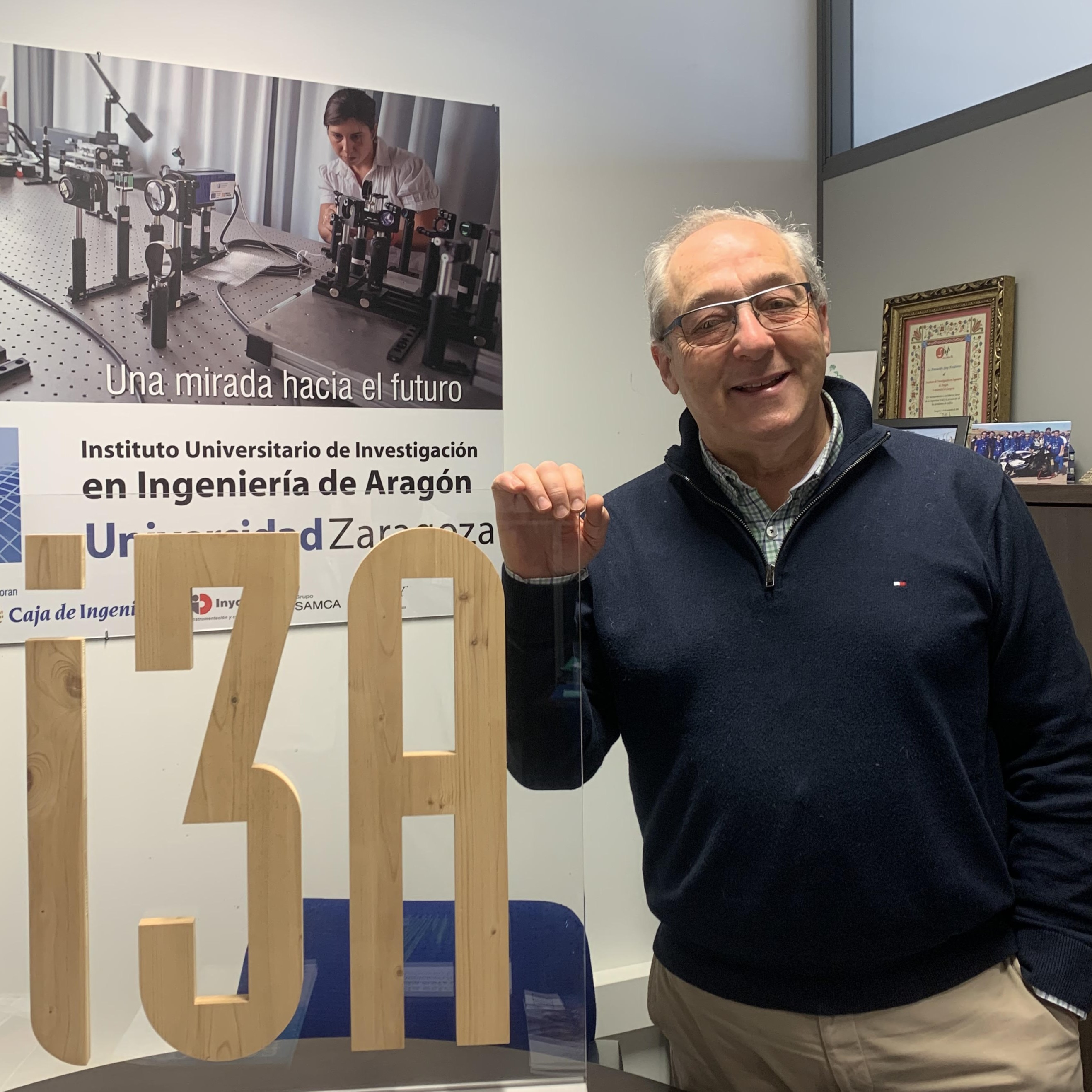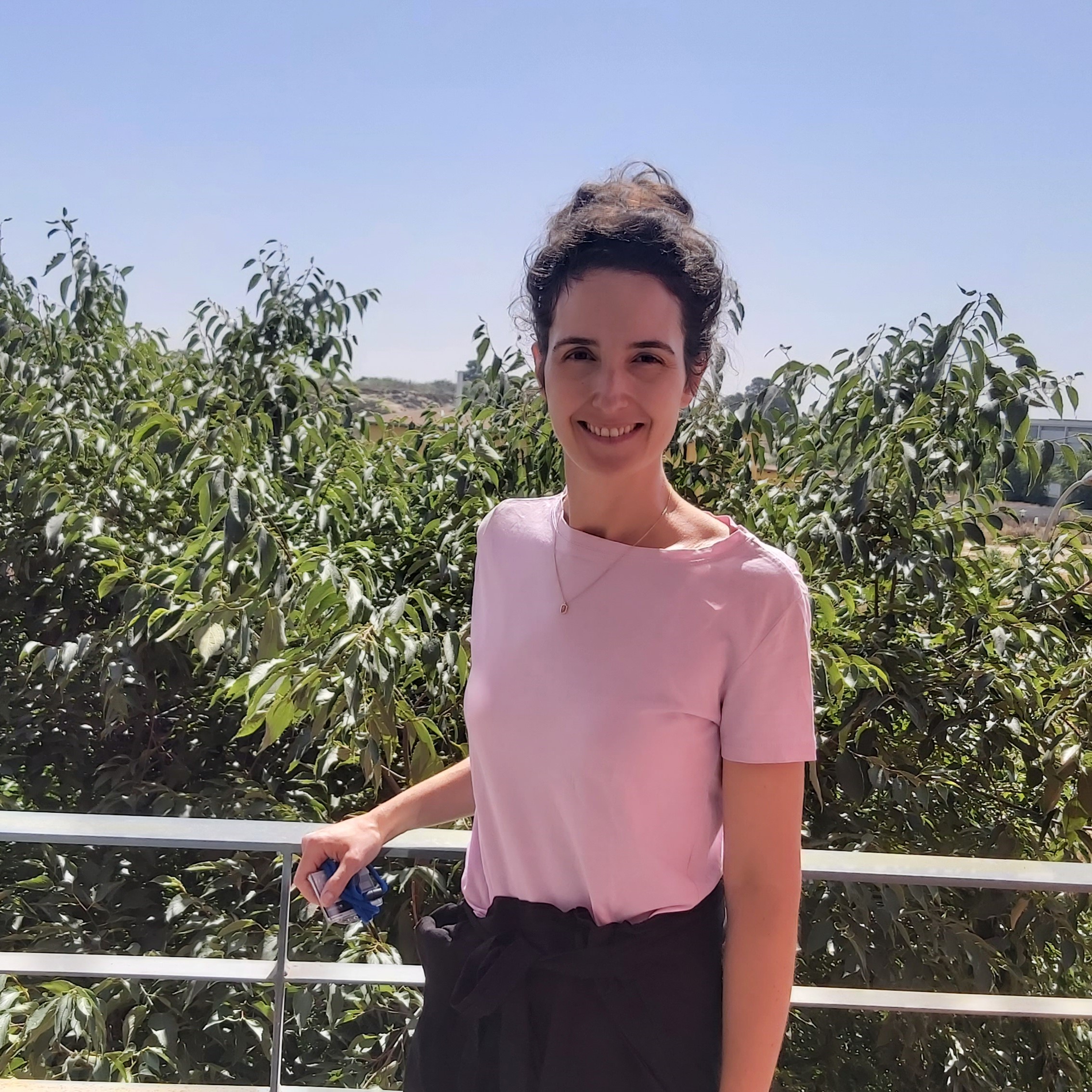
Why did you decide to go into research?
Although I did not start my professional career in this field, I have always loved research, in fact, I wanted to be a mathematician or a biologist, I came to chemistry, almost by mistake. In fact, I started out in private teaching. One day I received an invitation to participate in research, but without being paid. I decided to take that train, although I would combine it with teaching. I never had a grant, so I paid for my research with what I did in private teaching. Today I can say that the gamble has paid off.
How long have you been linked to the I3A and which research group do you belong to?
From the beginning. I was one of the founders, called upon by Manuel Doblaré to help structure it. We met in Jaca around the year 2000 to outline what the Institute could be. As for the research group, I am part of the Thermochemical Processes Group (GPT), which is how we founded it in 1983. Since then, our focus has been on the treatment of waste to generate energy and its environmental connotations, but in recent years we have focused on the production of compounds with applications in the chemical industry. We are trying to make the transition from conventional refineries, which rely on oil or naphtha to produce petrol or diesel, to biorefineries. Biorefineries aim, when oil runs out, which it will, although people are not aware of it, to harness any available source of carbon to produce the chemical compounds used in a variety of industries, from textiles to automotive coatings.
What brought you to the Institute's management
Personal commitment, I had never intended to run the Institute. However, my colleagues encouraged me and pushed me in that direction.
The Institute does not only compete locally, but our goal is to compete globally.
What aspects or areas of the I3A do you consider to be a priority to strengthen or develop?
From my perspective, I think the key thing is the promotion of young talent and the attraction of new researchers to the Institute. We must make research attractive to young people, as they are the future of this field. Although on average the I3A has a fairly young team, it is crucial to continue working in this area. In addition, it is vital to strengthen our international relations, as our scope of competence extends beyond the national level. The Institute does not only compete locally, but our goal is to compete globally.
Are there any specific challenges you have in mind?
Yes, during this period, I would like the Institute to be recognised as a "María de Maeztu" Unit or as a "Severo Ochoa" Centre of Excellence. I recognise that this is a considerable challenge due to the very nature of these calls, but we will continue to strive for it. The previous management team made a significant effort in this direction, and it is important to continue in this direction, not only for economic reasons, but also to recognise the work of the 305 people who make up our team.
What do you see as the I3A's greatest potential to generate impact?
I think we have several flagships at the moment. On the one hand, the health and biomedical engineering part stands out, given that society is demanding more and more advances in this field. We have excellent researchers who are at the forefront of health research. In addition, the field of waste treatment and the exploitation of the bioeconomy and the circular economy stand out, in line with the current demands of society. The I3A is developing tools in these areas, but is also responding to new challenges to address current challenges.
On the other hand, our Institute is characterised by its multidisciplinarity and collaboration between different research areas. This ability to work as a team and to collaborate between different groups is one of our greatest assets and represents a powerful tool for the future. When a customer is looking for research, we are able to channel that demand through our 34 research groups, covering a wide range of areas. In fact, this was one of the mottos of the origin of the I3A, we were not supporting research groups, we were creating alliances between them.
The most rewarding thing, without a doubt, is the interaction with the Institute's staff, the exchange of knowledge and experience that takes place in this environment.
What do you consider to be the most rewarding aspects?
The most rewarding thing, without a doubt, is the interaction with the Institute's staff, the exchange of knowledge and experiences that takes place in this environment. As Rafa Bilbao used to say to me, the I3A is like a raft of oil, it is a place where you breathe a positive and rewarding atmosphere. I come from the State Research Agency, as president of Energy and Transport, and those two positions give you a huge advantage, to see, to know, it is very rewarding.
What challenges do you face as director of the I3A?
The main challenge is to achieve greater recognition and visibility, both inside and outside the Institute. Internally, it is essential to foster a stronger sense of belonging among researchers. This sense of pride and added value of belonging to the I3A needs to be cultivated and strengthened. In our meetings, I strive to foster this sense of institutional identity. In addition, it is crucial to increase our external visibility, as we compete in a highly demanding public-private market.Although we are a public institution, we must adapt to the rules and dynamics of the private sector, which is a considerable challenge. Research requires flexibility and agility, and we cannot afford to be constrained by excessive regulations that limit our ability to innovate and collaborate effectively. In this sense, it is essential to preserve the dynamic and creative spirit that drives research.
What would you say to someone who is thinking of going into research?
I would tell him that, if he decides to enter the world of research, he will enjoy it very much, because that is what this profession is, the rest is up to him. I always tell my colleagues that in research the important thing is to dream and enjoy it, even if it is sometimes difficult and you have a hard time.
CLOSE UP…
What he studied: Chemical Sciences
A dream to fulfil: To go from Chile to Alaska on a motorbike.
A trip: I would love to go to Patagonia.
Hobbies: I like sports a lot, but above all what I like most is riding my motorbike, I feel free.
A book: Tales of a Russian Pilgrim
A film: Gran Torino
Musical group: Bee Gees and The Beatles
How would you define yourself: Extrovert and dreamer.
